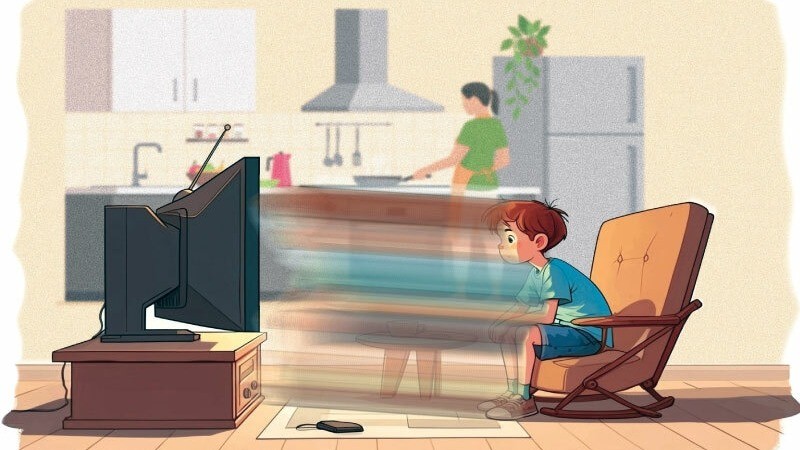Now Reading: Love vs Compatibility: What Actually Lasts in a Relationship?
-
01
Love vs Compatibility: What Actually Lasts in a Relationship?
Love vs Compatibility: What Actually Lasts in a Relationship?

Falling in love is easy. Staying in love? That’s where things get real. Many couples—especially in India’s Tier 2 cities where both tradition and modern values collide—find themselves wondering if love alone is enough. Or does long-term happiness depend more on compatibility than raw emotion? The answer isn’t black and white, but it does affect how relationships survive beyond the honeymoon phase.
Here’s how to think about the difference, and why it matters.
What Love Brings to the Table
Love brings intensity. It makes you feel seen, valued, and emotionally connected. It creates memories, deep bonds, and that spark people chase in films and poetry. But love, by itself, is often emotional and spontaneous. It thrives on feelings, but feelings can change—especially under stress, life changes, or unmet expectations.
In the early days of any relationship, love feels powerful enough to overcome anything. And sometimes it does. But without understanding how two people function together practically, love can struggle under pressure.
What Compatibility Looks Like in Daily Life
Compatibility is quieter than love, but it runs deeper. It shows up in everyday choices—how you handle money, argue, make decisions, respect personal space, or even how you deal with relatives.
Two people might love each other deeply but still argue about everything. On the other hand, a couple with strong compatibility may not have intense romantic sparks every day, but they solve problems with calm, enjoy each other’s company, and rarely feel emotionally drained.
In Indian settings, especially in smaller cities where arranged or semi-arranged matches still exist, compatibility often becomes the foundation for long-term stability—even when love is still catching up.
When Love and Compatibility Don’t Align
Let’s say you’re madly in love, but you both want completely different things from life. One wants to travel, the other prefers to stay rooted. One is career-driven, the other values home life more. Over time, these differences can create tension—not because you love each other less, but because your lifestyles don’t fit.
In contrast, couples who may not feel movie-like passion every day but align on goals, values, and rhythms often find peace and trust that lasts longer.
What Works Best in the Long Run?
The truth is, both matter—but they play different roles.
Love gives meaning. It adds depth, joy, and emotional intimacy. Compatibility provides direction. It shapes how a couple grows, deals with change, and builds a shared life.
In relationships that last, love and compatibility often meet halfway. Love makes you stay. Compatibility makes you stay well.
Why This Matters More Today
In Tier 2 cities, younger people are balancing freedom of choice with family expectations. They want connection, but also need relationships that won’t collapse under pressure. That’s why it’s crucial to look beyond just attraction. Ask: Can we handle life together, not just love each other?
Conclusion
Love starts the relationship. Compatibility helps it survive. One without the other can feel incomplete. If you’re choosing a partner—or reassessing your current relationship—don’t ignore either side. Feel the love, but check the fit. Because in the long run, a strong match isn’t just about how you feel, but how you function.

























